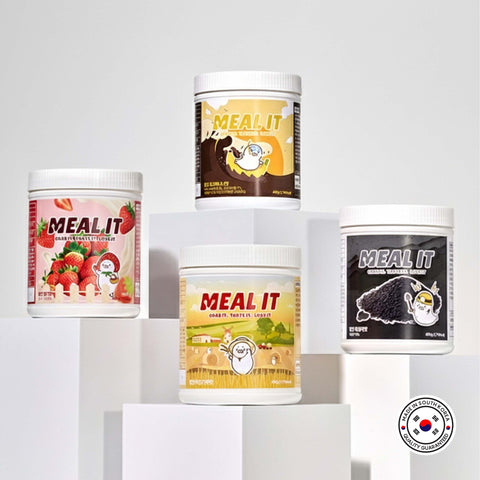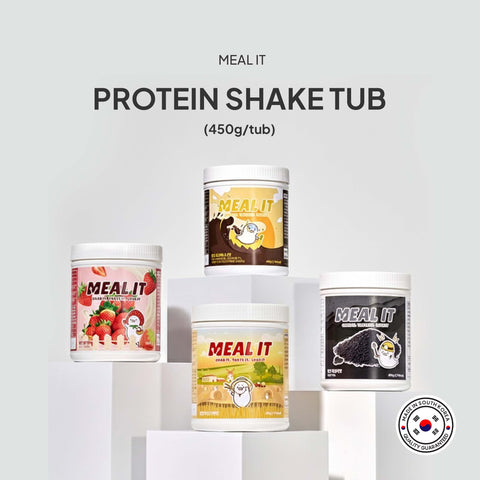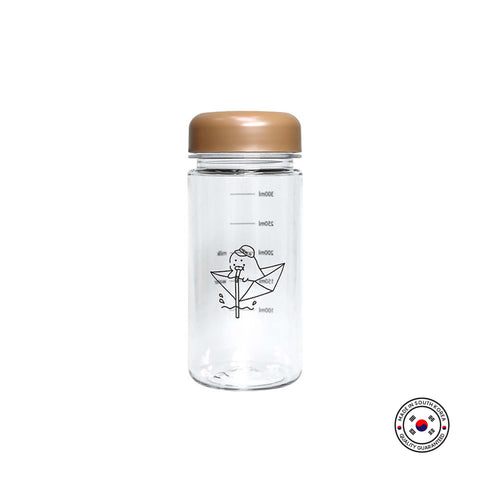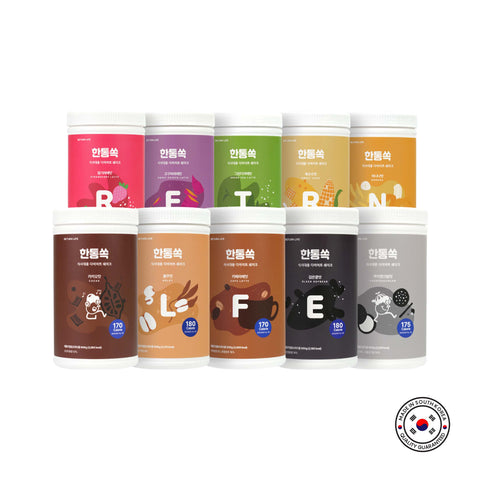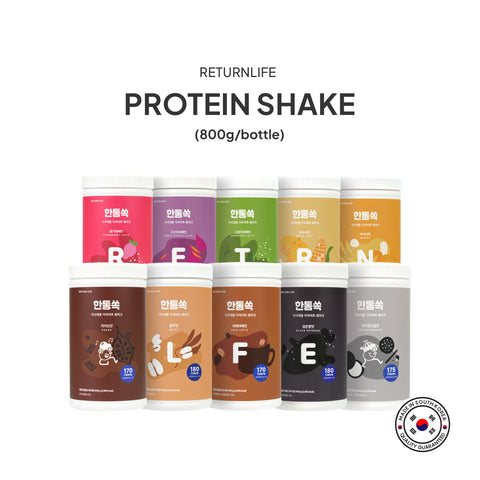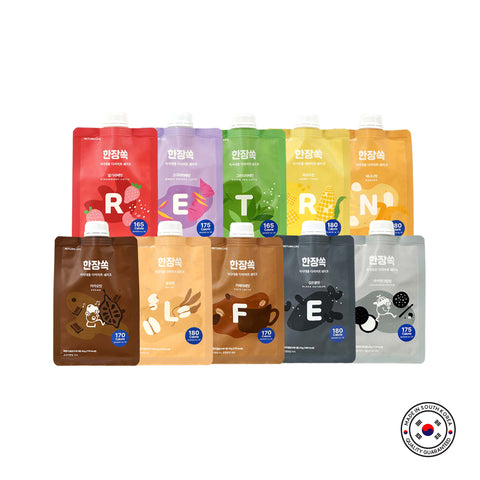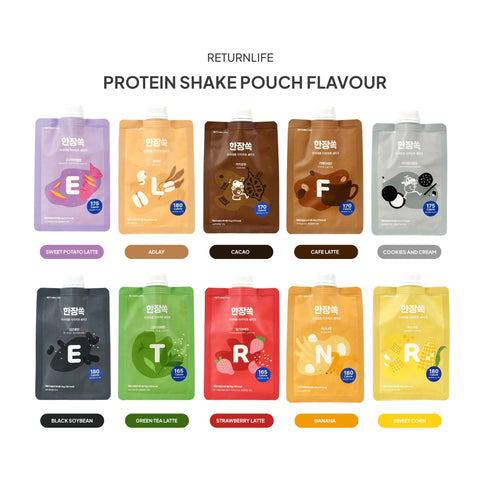
In this article, we will take a closer look at the common ingredients found in toothpaste, explore their functions, and delve into their effects on our teeth and gums. So, let's embark on a journey of dental knowledge and discover the secrets behind the ingredients that keep our smiles bright and healthy.

What are the Most Common Ingredients Found in Toothpaste?
Each toothpaste has its own advantages. For sensitive, cavity, and other problem teeth. However, basically, each toothpaste has the same important ingredients. Here are the typical toothpaste ingredients you can expect to find:

- Abrasives. These substances help remove plaque, stains, and debris from teeth. Common abrasives used in toothpaste include calcium carbonate, hydrated silica, and dicalcium phosphate.
- Fluoride. It is an essential ingredient that helps strengthen tooth enamel and protect against tooth decay. Sodium fluoride, sodium monofluorophosphate, and stannous fluoride are commonly used fluoride compounds in toothpaste.
- Detergents. It creates the foaming action in toothpaste and helps distribute the toothpaste evenly in the mouth. Sodium lauryl sulfate (SLS) is a common detergent used in toothpaste.
- Humectants, Binders and Thickeners, also Preservatives. These ingredients retain moisture and prevent the toothpaste from drying out. Common preservatives include sodium benzoate and potassium sorbate, prevent bacterial growth and prolong the shelf life of toothpaste.
- Whitening or Bleaching Agents. These are either abrasives, like Silica and Mica present in greater amounts in ‘whitening formula’ toothpastes, that help to rub off stains.

The Pros & Cons of Using Natural & Chemical-Based Toothpastes
The other option to clean your teeth is to use natural toothpaste. In recent years, even several people still use it. However, using natural or chemical-based toothpaste has its own set of pros and cons. Here are some factors to consider before you choose your toothpaste:

- Natural Toothpaste:
Natural toothpaste often avoids synthetic additives like artificial sweeteners, flavors, or colors. It may contain organic and plant-based ingredients, appealing to those seeking a more natural and organic approach to oral care. Also, natural toothpaste may offer an alternative that is gentler on the gums and oral tissues.
However, natural toothpaste may not contain fluoride or may contain lower concentrations compared to chemical-based toothpaste. Fluoride is essential for strengthening tooth enamel and preventing tooth decay. Then, natural toothpaste ingredients may not undergo the same rigorous scientific testing and approval processes as chemical-based toothpaste.

- Chemical-Based Toothpaste:
Chemical-based toothpaste often contains fluoride, a proven ingredient that helps strengthen tooth enamel and prevent tooth decay. It has been extensively researched and endorsed by dental associations worldwide. Then, it has various formulations, catering to specific oral health needs such as sensitivity relief, tartar control, or whitening.
Chemical-based toothpaste may contain artificial ingredients like sweeteners, flavors, or colors, which may not align with the preferences of those seeking more natural or organic products. Some individuals may experience tooth or gum sensitivity to certain ingredients found in chemical-based toothpaste, such as sodium lauryl sulfate (SLS). However, SLS-free options are available for those with sensitivity concerns.

Understanding the ingredients found in toothpaste empowers you to make educated decisions about your oral health. Whether it's selecting natural or chemical-based toothpaste, considering specific concerns like sensitivity or tartar control, or focusing on eco-friendly options, knowing the functions and effects of these ingredients helps you personalize your oral care routine.

It's important to remember that maintaining good oral hygiene extends beyond toothpaste selection. Regular brushing, flossing, and dental check-ups, along with a balanced diet, contribute to a healthy mouth. By being knowledgeable consumers, you can optimize your oral care practices and enjoy the benefits of a confident smile and excellent oral health for years to come.

If you wonder about toothpaste, we have recommendations that help you to clean your teeth. We have oral care by Healti Habit to help you find the right choice of toothpaste. Healti Habit also offers other care products that help others with their problems. Let's visit our website!





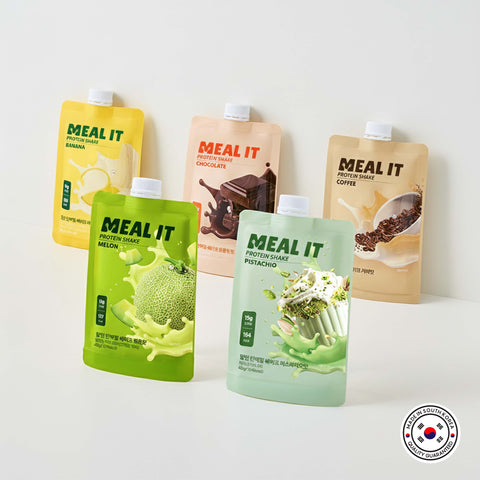



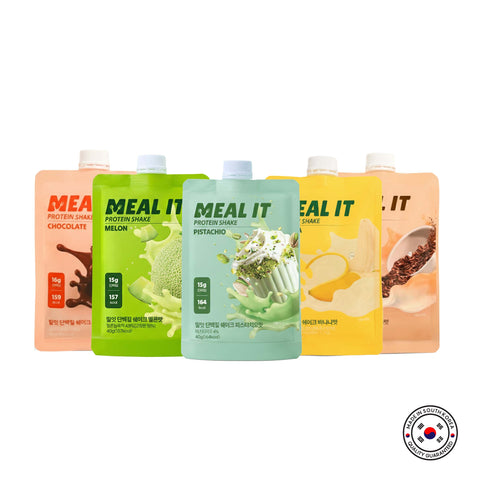



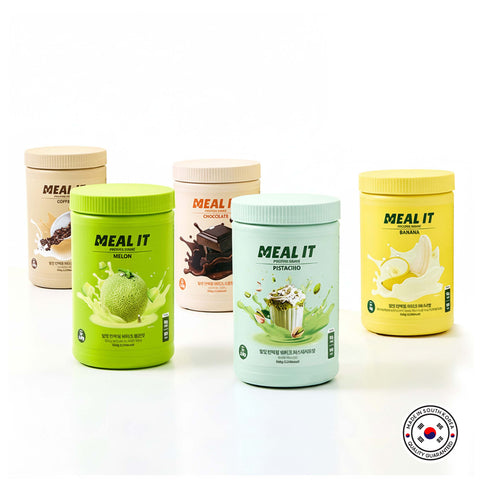
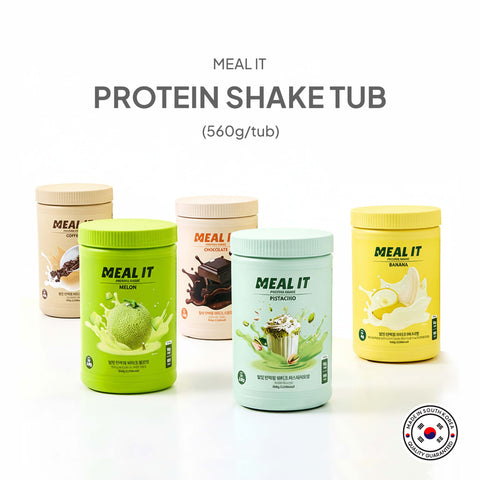






![Hero protein Chip [Onion] (40gr) / 히어로칩(어니언)](http://joyksg.com/cdn/shop/files/o_WEB.png?v=1727684839&width=480)
![Hero protein Chip [Onion] (40gr) / 히어로칩(어니언)](http://joyksg.com/cdn/shop/files/1f697787bd2b3.jpg?v=1727702023&width=480)
![Hero protein Chip [Chili Pepper] (40gr) / 히어로칩(칠리페퍼)](http://joyksg.com/cdn/shop/files/cp_WEB.png?v=1727685349&width=480)
